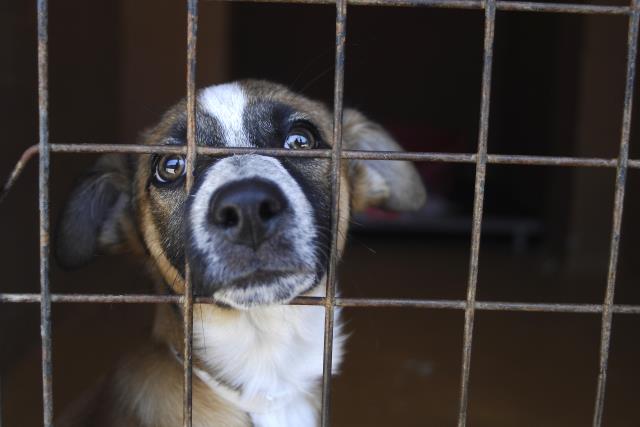By Holly McGuinness
An animal rights advocate has raised concerns about the number of animals that will be euthanised at the Epping Animal Welfare Facility, when Whittlesea,
Darebin and Moreland councils assume responsibility for the shelter from the RSPCA on October 16.
At the September 19 council meeting, the Animal Justice Party’s Thomastown candidate and Whittlesea resident Evie Levens questioned the takeover and what will happen to animals housed there.
Ms Levens raised rumours that council will “cease to offer direct adoptions to the public,” and that if animals at the facility can not be moved or rehomed then they could “be killed out of sheer convenience”.
In response, Whittlesea chief executive Craig Lloyd said the “three councils have worked together to develop an operating model which is designed to reduce the current euthanasia rates and reunite the maximum amount of animals with their owners or find them loving new homes”.
“There will be some adoptions directly from the facility and to date, we have partnered with 26 rescue groups and welfare organisations who share our vision for improving outcomes for the animals in our care, and ensure more pets find forever homes,” Mr Lloyd said.
Mr Lloyd said rumours that the council had ordered the RSPCA to empty the facility were false.
“As part of the transition arrangements, RSPCA Victoria has advised council that they will remove animals who are past the eight-day quarantine period to other RSPCA shelters. Any animals still within the eight days will remain at the Epping Animal Welfare Facility.”
He confirmed veterinary work will continue at the shelter, including animal vaccination, flea and worm treatments and microchipping.
Mr Lloyd said a committee will be established which will include staff from each council, the EAWF coordinator and EAWF veterinarian to determine which unclaimed animals are suitable for rehoming and which are not.
“The people on this committee have the expertise, experience and qualifications to ensure ethical decision-making.
“If at any time our rescue and welfare partners do not have the capacity to take animals, we will continue to care for them at the facility until there is capacity or until the animal has been adopted from our facility”.







